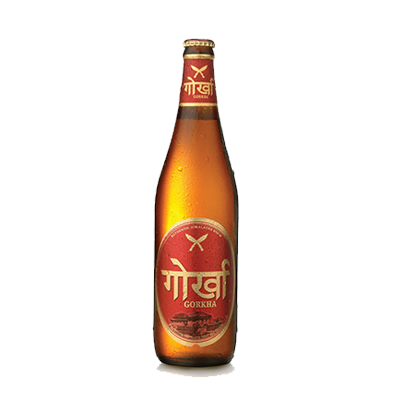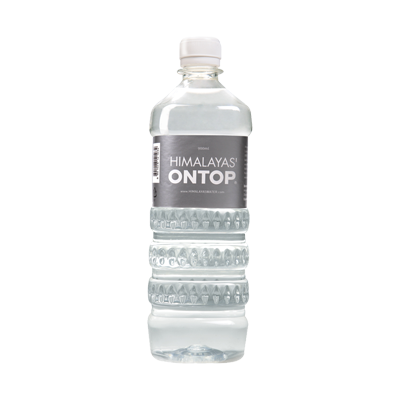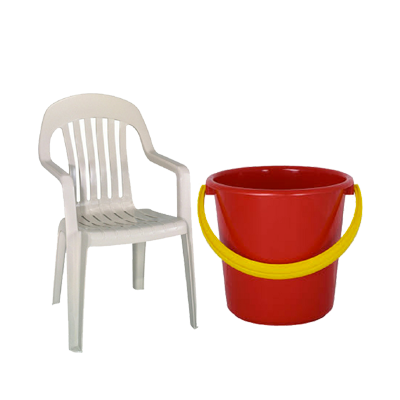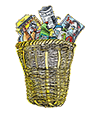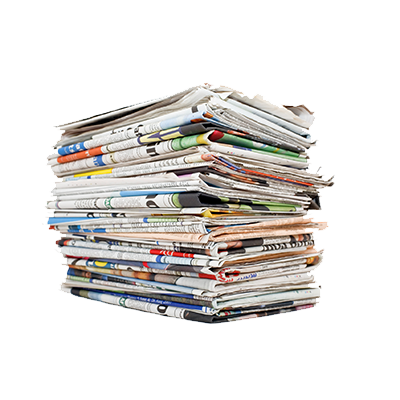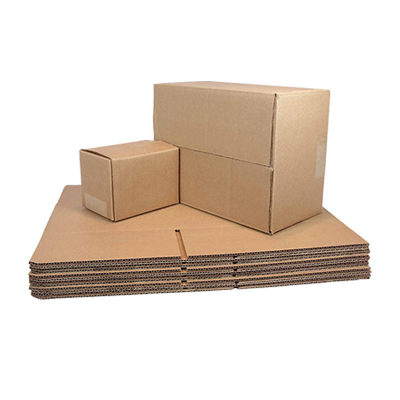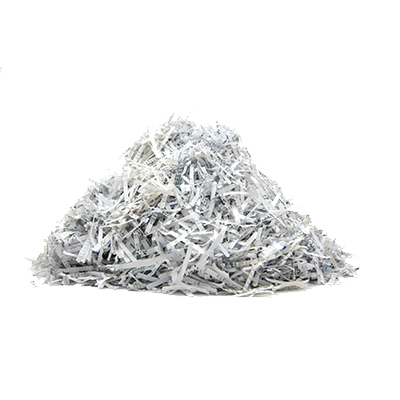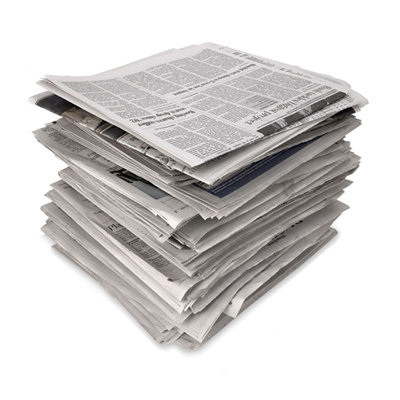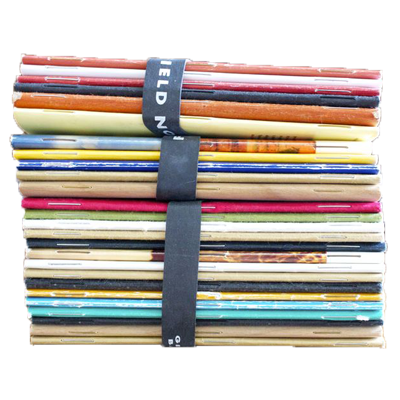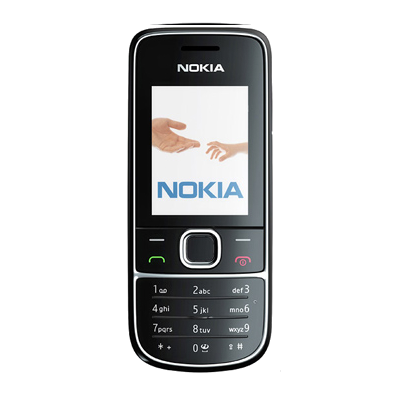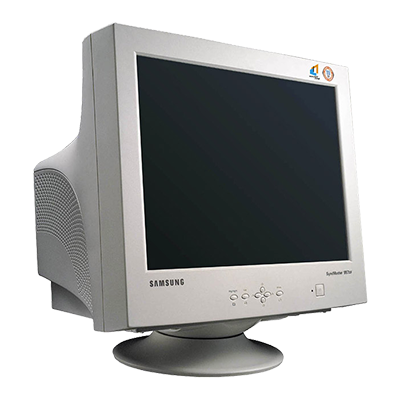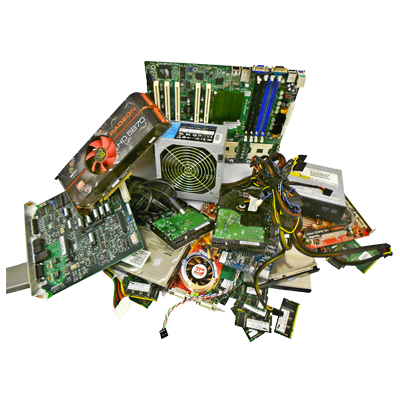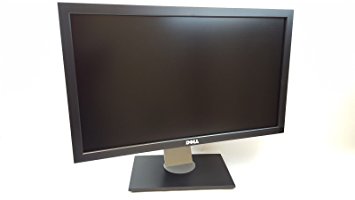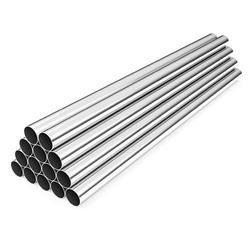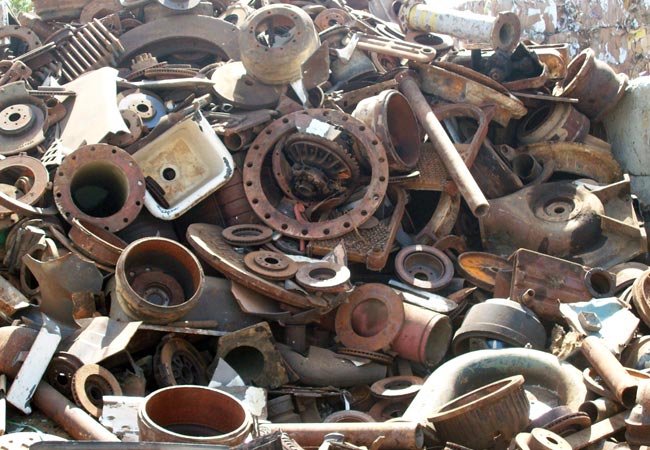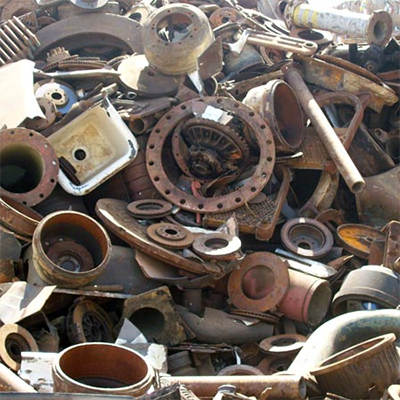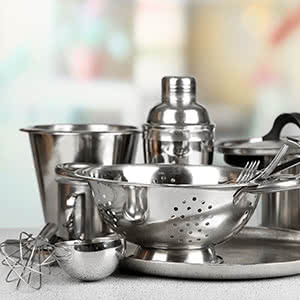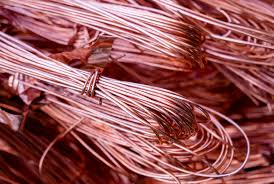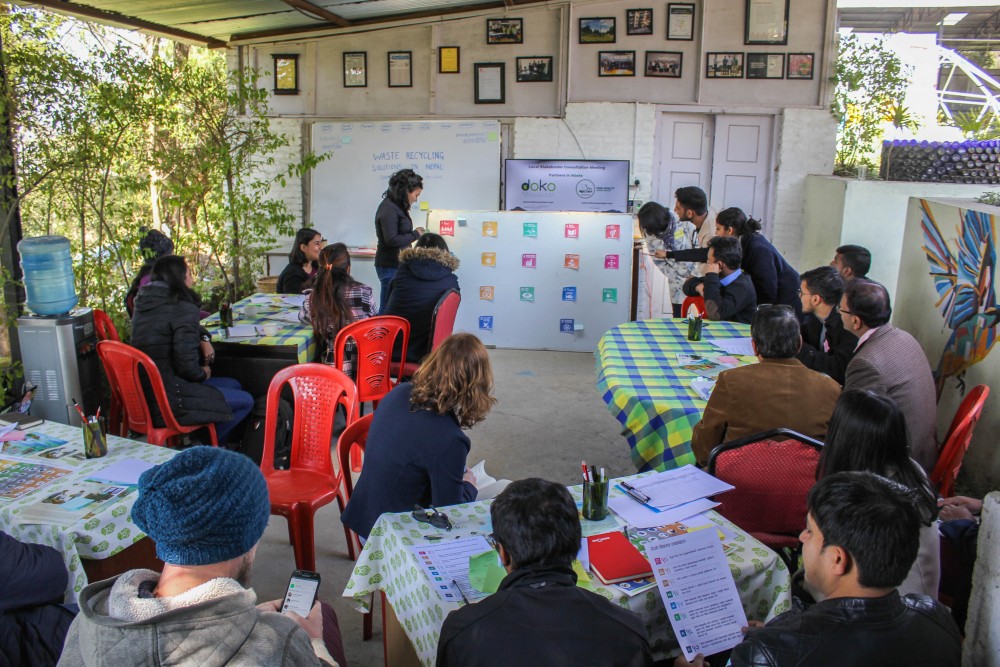
2019-03-08
Biocomp-Doko Recyclers: Waste Recycling Solutions in Nepal
Doko’s very first Stakeholder Consultation Meeting ‘Biocomp-Doko Recyclers: Waste Recycling Solutions in Nepal’ was held on Friday, March 1, 2019 at the Doko Recyclers’ Materials Recovery Facility (MRF) at Sanothimi, Bhaktapur. Our main objective for this event was to bring together stakeholders from the waste management sector, and to stir the conversation around current issues in this field. Our hope was to facilitate a common platform for stakeholders to share their perspectives on the waste sector as well as to integrate avenues to practically address problems in the sector. We also wanted the event to focus on getting valuable inputs from stakeholders invested in Doko’s involvement. Some of the questions we wanted answered were how is our involvement positively contributing to the larger ecosystem of waste management? What are some of the upfront challenges and risks that our work poses? How could these challenges and risks be mitigated as the scope of work progresses? The resulting discussion around these questions was aimed at garnering feedback and possibilities of collaboration with partners to acquire Gold Standard GS4GG (https://www.goldstandard.org/) for voluntary carbon offset projects (VER). We had an array of participants from organizations like ICIMOD, Wildlife Conservation Nepal, Upcycle Nepal, Tyre Treasures, Smart Paani, Himalayan Climate Initiative, as well as municipal government offices and local recycling companies, displaying professional diversity in the sector. The highlights of the event were the two exercises we conducted with the participants. We asked for inputs from the participants on how Doko Recyclers is positively contributing to the waste management sector and environment with its work. The inputs were then categorized under the Sustainable Development Goal it was most relevant to. On the flip side, we also discussed the challenges and potential risks Doko faces in the waste management sector. The inputs were to be discussed under three main dimensions: social, environmental, and economic. It was a delight to see all the participants being lively during the discussions and providing constructive inputs. Overall, the event was definitely a success. All participants contributed towards a professional discussion about the state of the recycling industry in Nepal today. They suggested innovative steps we can take together in order to spread awareness and encourage our society to become more recycle-friendly to create a sustainable future for Nepal. All in all, Doko Recyclers received invaluable feedback on initiatives we can take to lead our community towards a shared goal of a greener future.

